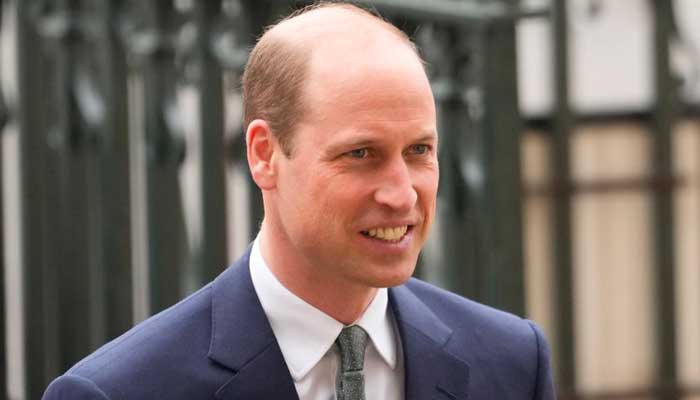Prince William in trouble after being hit by fake scam
Prince William hit by an AI deep fake scam amid ongoing royal crisis
Prince William has reportedly been hit by an AI deep fake scam that shows him appearing to endorse a crypto website accused by researchers of ripping off customers.
The Prince of Wales and British Prime Minister Keir Starmer appeared in an ad campaign on Facebook, seemingly giving their backing to a product.
The videos that accompany the ads were in fact AI generated fakes designed to tempt people to contact financial scammers, according to research by media insight firm Fenimore Harper.
In one viral video, the AI generated William is seen saying: "Good afternoon, honored citizens of the United Kingdom. I am pleased to announce that I, Prince William, and the entire Royal Family fully support Prime Minister Keir Starmer's initiative and his new platform."
Marcus Beard told Newsweek the palace may be reluctant to take action against either the scammers or Meta for now but may be forced to respond in the years to come as AI fakes proliferate.
"It maybe highlights the fact their images can be ripped and used so easily. So I can see why they're hesitant but give it a year and it may be unavoidable in terms of how the royals just seem to generate loads of traffic across the board for websites.
"You can see them becoming a target. You can see that currently it's not quite big enough for them to do anything but I think everyone in the public image space needs to be putting pressure on Meta and the platforms about this problem in general.
"If this is left undealt with by the platforms and the moderation is left in exactly the same place they're going to have to do something because the ads—there's only going to be more of them—and they're getting better and more malicious."
As per reports, those who click on the advert are asked to submit their name, email address and phone number. Late, they are allegedly contacted and encouraged to make deposits into a fake online trading platform.
Meanwhile, a spokesperson for Meta told The Independent: "Our systems detected and removed the vast majority of these adverts before this report was published.
"As part of our ads review process—which can include both automated and human reviews—we have several layers of analysis and detection, both before and after an ad goes live. It is against our policies to run ads that improperly use images of public or political figures for deceptive purposes, and we remove these ads when detected."
A Google spokesperson told the same outlet: "Our advanced spam-fighting systems help keep Google Search 99 percent spam free, despite ever-evolving attempts from spammers. We have clear spam policies against deceptive tactics and when we find behavior that violates our policies, we take action."
-
Megan Thee Stallion on new romance with Klay Thompson: 'I'm comfy'
-
Caitlin O’Connor says fiance Joe Manganiello has changed Valentine’s Day for her
-
Rachel Zoe sends out message for womne with her post-divorce diamond ring
-
Brooks Nader reveals why she quit fillers after years
-
Travis Kelce plays key role in Taylor Swift's 'Opalite' remix
-
JoJo Siwa shares inspiring words with young changemakers
-
Premiere date of 'Spider-Noir' featuring Nicolas Cage announced
-
Pedro Pascal's sister reveals his reaction to her 'The Beauty' role












